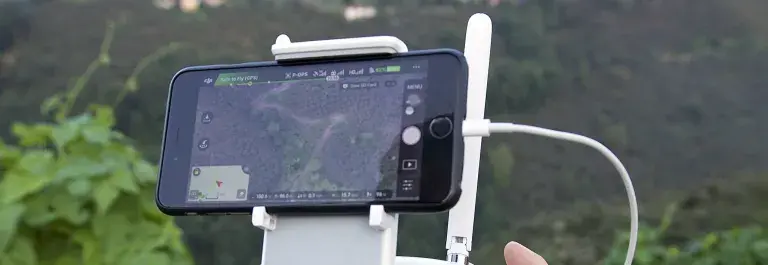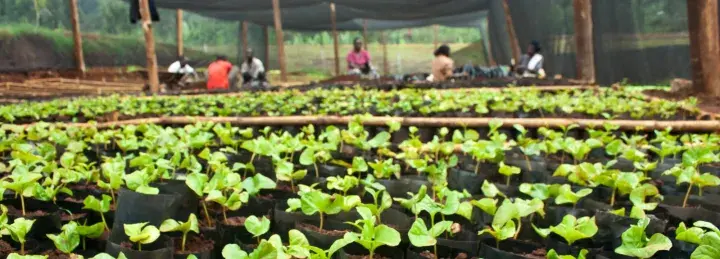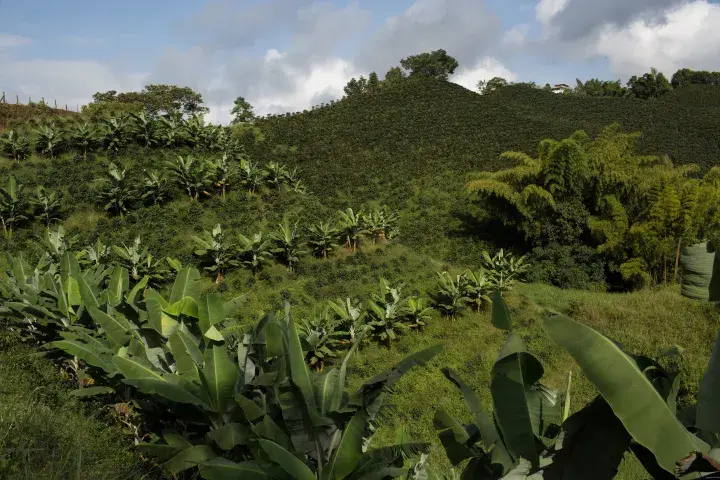The pandemic challenged many sustainability systems to adapt and change how they performed on-site audits. It also became a catalyst for innovation, driving many to embrace new technologies, data solutions and policy interventions.
Remote auditing tools and practices have enhanced access to data in this crisis situation, helping to improve the detection of sustainability and health risks, as well as enabling auditors to assess sites remotely. In many ways, it has helped strengthen the resilience of sustainability systems in response to the pandemic. This period of innovation has given rise to a new age of hybrid auditing that combines both remote and traditional on-site approaches. It is clear that remote audits will not completely replace traditional on-site audits, but is well-placed to complement them.
Lessons learned
During this time of rapid innovation, ISEAL has worked closely with a wide range of sustainability and assurance systems across different sectors to capture the emerging good practices and lessons learned in remote auditing for use in future assurance models:
- Since remote auditing is not feasible in all situations, it is important to use a risk-based approach to determine which parts of an assurance model can be assessed remotely in different contexts. A risk-based approach can also improve the detection of risks and non-compliance. Our guidance on good practices lays out key considerations to take on board whilst planning, preparing and implementing a remote auditing approach.
- Technological tools and data solutions can enhance the remote audit process by introducing new information, but their integration requires careful planning. It is important to consider which tools and data sources are available, and how to best integrate them in different situations. Learn more in our guide here.
- Various sustainability systems have been experimenting with different innovative solutions and remote auditing approaches during the pandemic. Many practical insights have arisen about what has worked and not worked. The ISEAL Innovations Fund supported four sustainability systems to pilot new technological tools and remote auditing approaches, which you can read more about here.
For more information, contact Sheila Senathirajah: sheila@isealalliance.org



